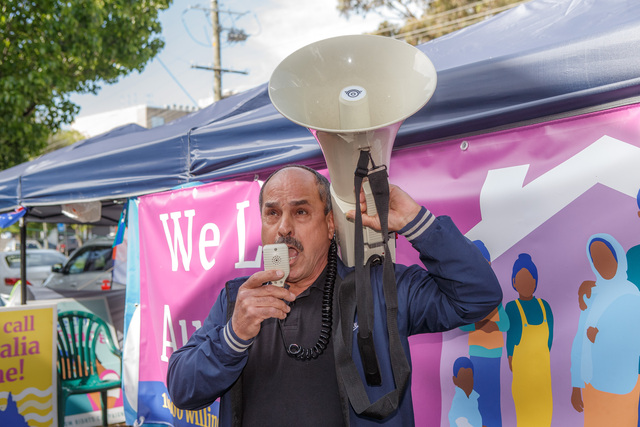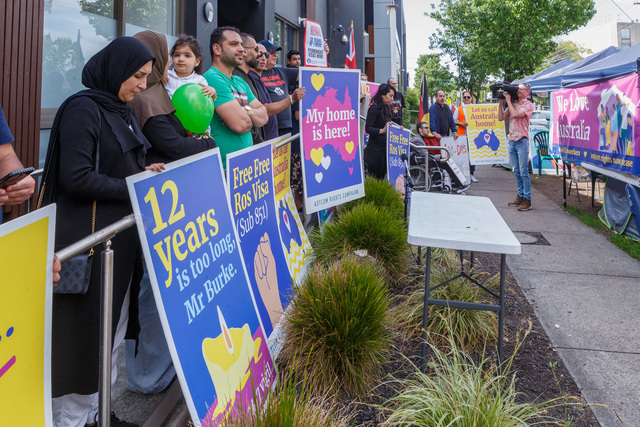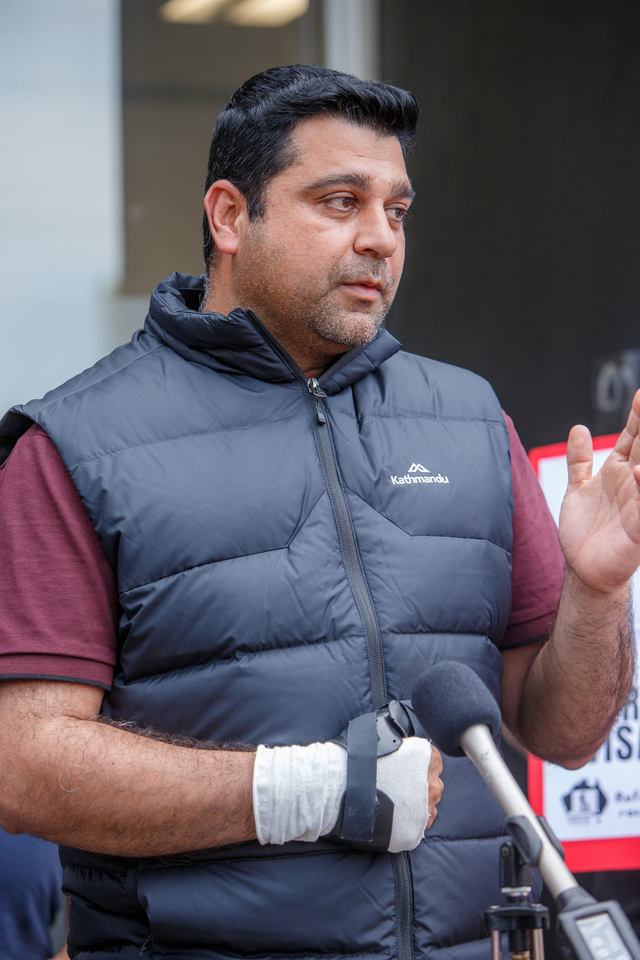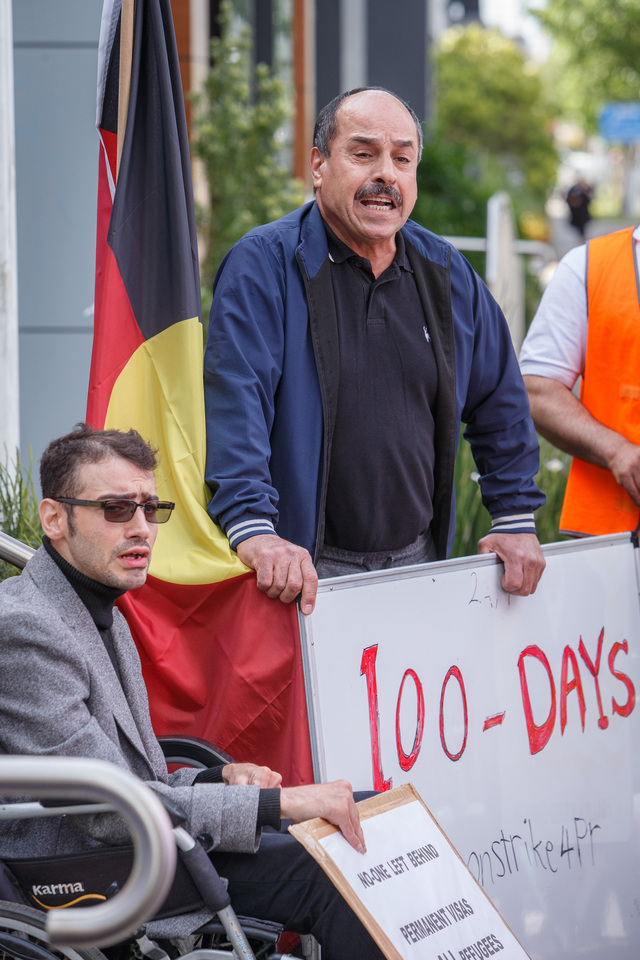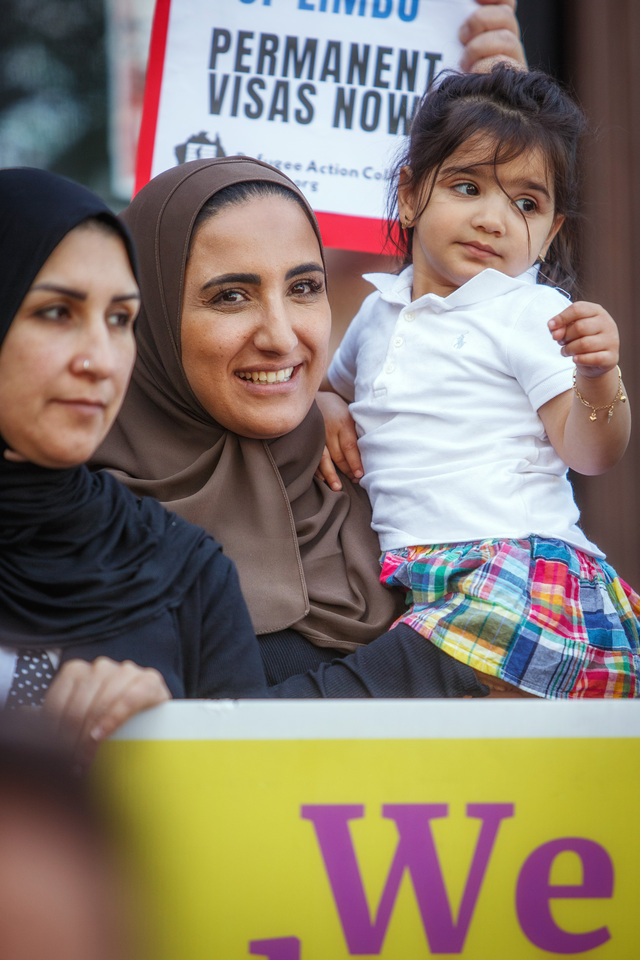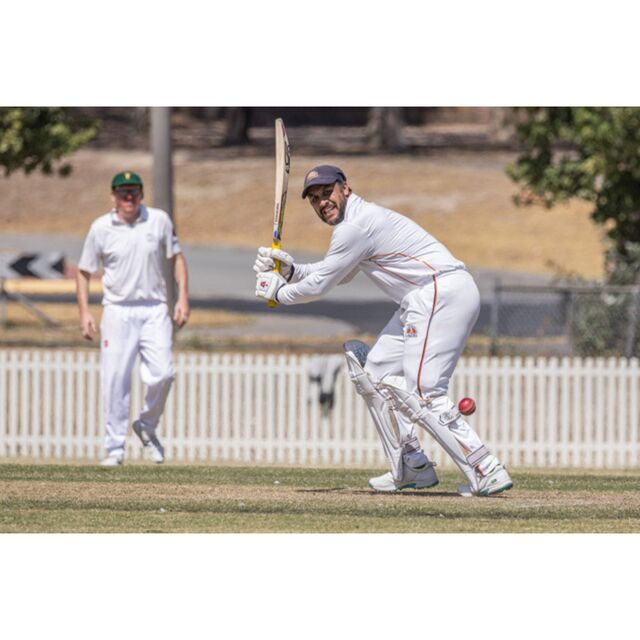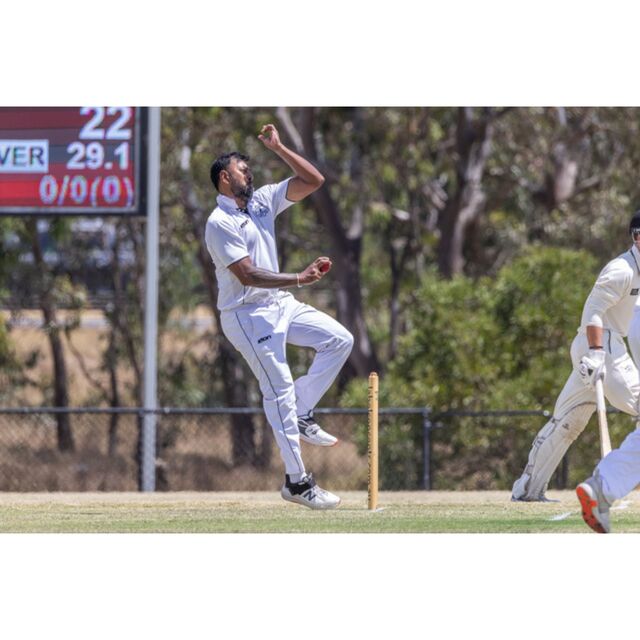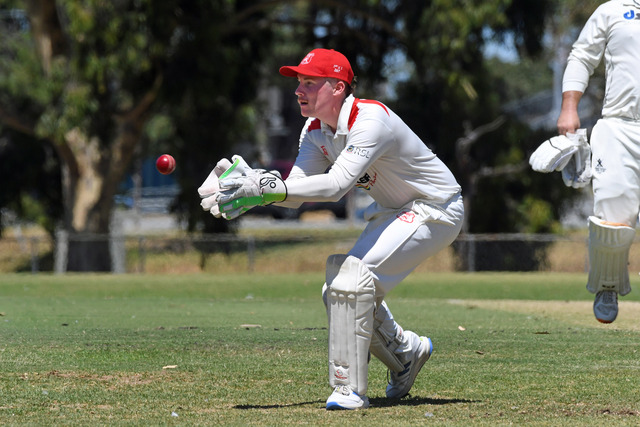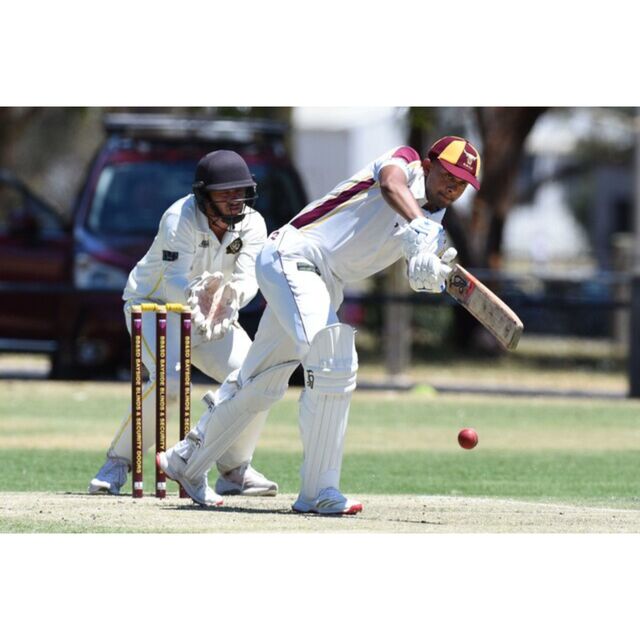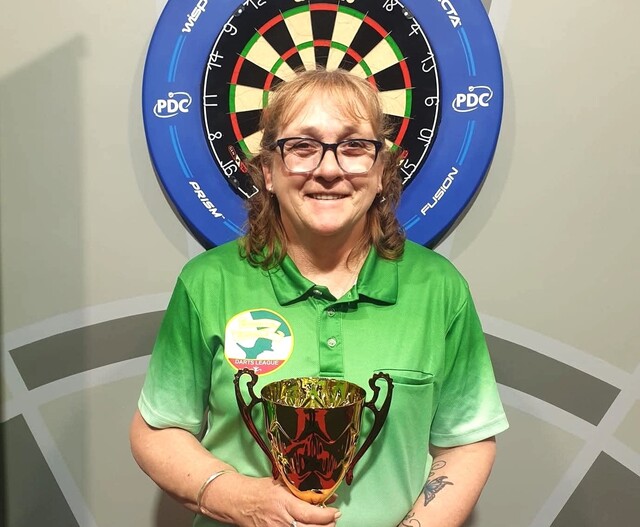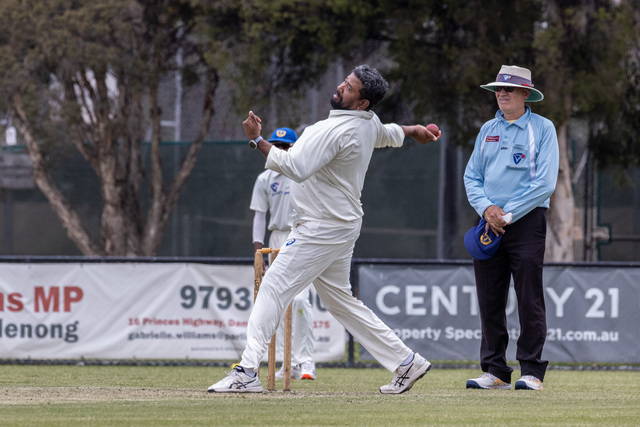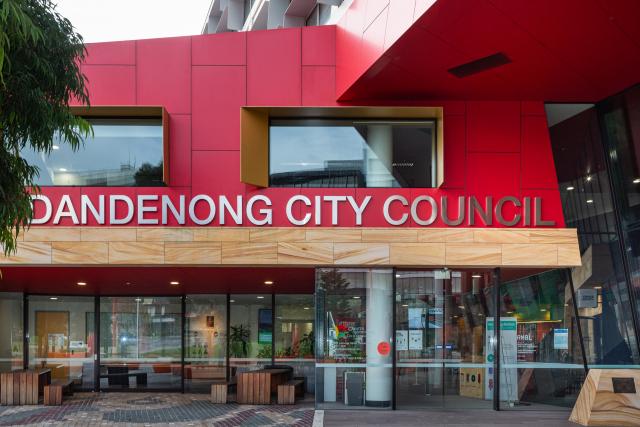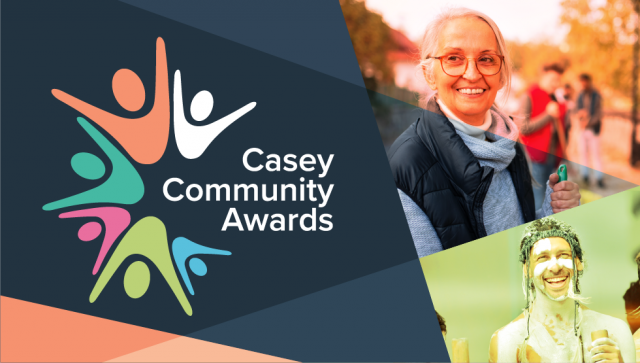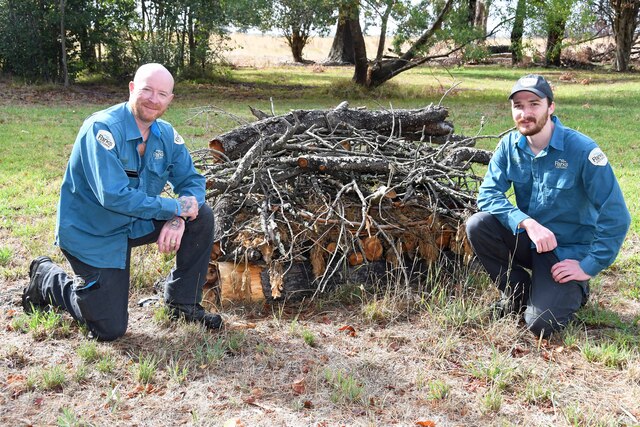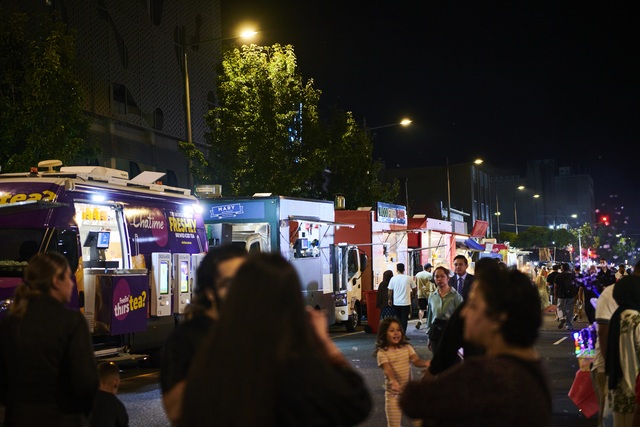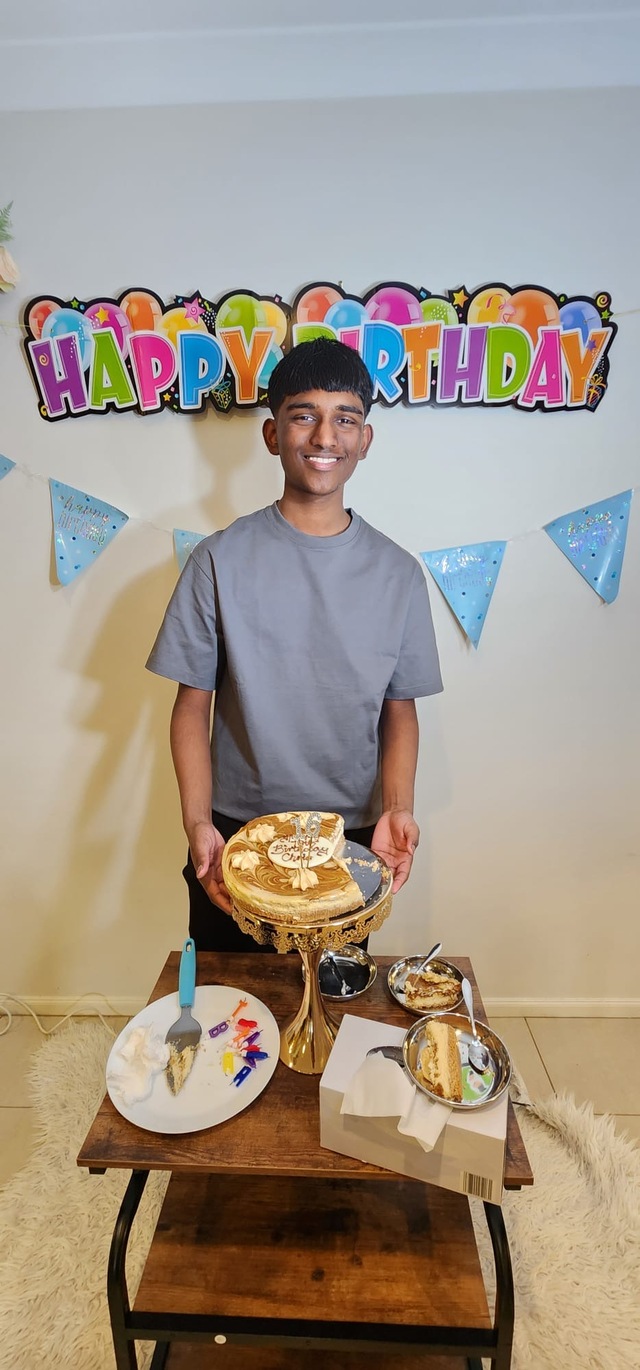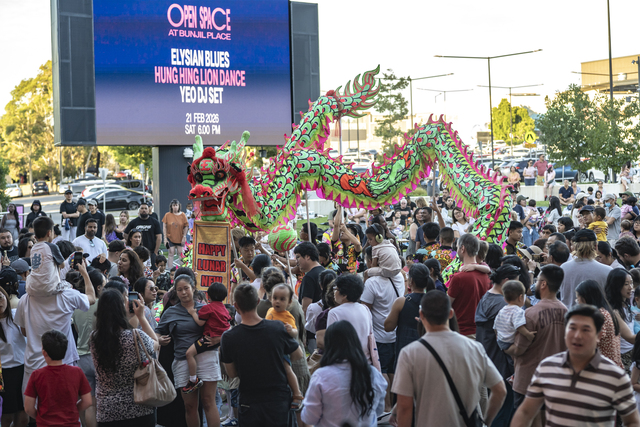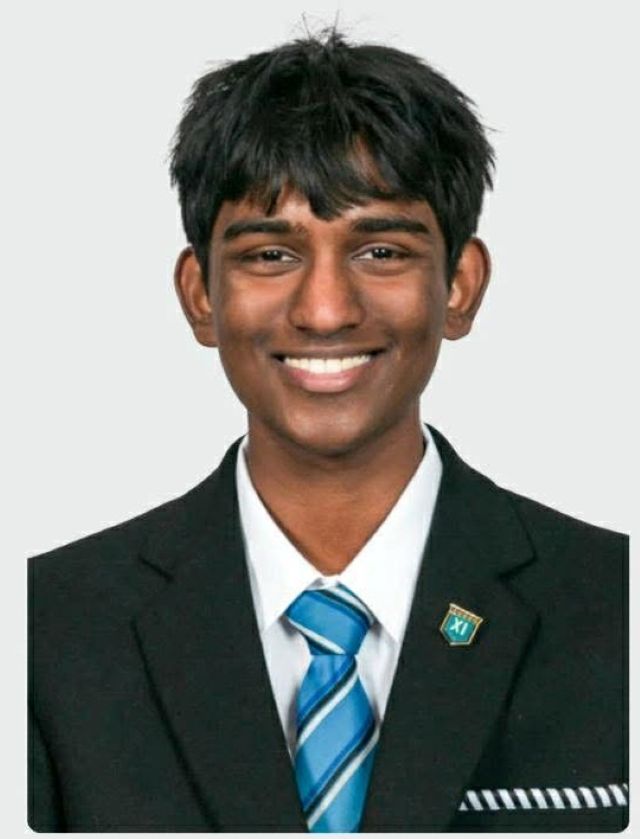As part of nationwide refugee protests, a 24/7 encampment has been taking place for more than a month outside federal MP Julian Hill’s office in Dandenong. Several protestors shared their story below:
Zayd
Arrived in 2013
Visa status: Rejected in 2018 by Fast Track System
For the entirety of his 40-plus years of life, Zayd has only lived as an asylum seeker.
Born in Iraq, his family was forced to flee the wrath of ruler Saddam Hussain during the Iran-Iraq war (1980-88) when he was just two months old.
He spent 31 years living in Iran but as a second-class citizen where they weren’t allowed to own any assets or properties and denied other basic rights.
“The Iranian Government didn’t give us any documents. They don’t consider us as a citizen,” Zayd says.
He arrived in Australia with his wife, son and twin daughters. He was “confused” after even his youngest daughter, Ava, was not granted Australian citizenship despite being born in the country.
“I’m confused. How about the baby? She was born here, she doesn’t know any other country. What is their problem with the kids?
“It’s not her fault – I don’t know why the Government is doing this.
“She still doesn’t have any Medicare, only a birth certificate.
“Every time we go to apply for her Medicare they ask for our visa. This is only one of the many problems in our lives because of the visa.”
A business owner, Zayd is a franchisee of Jim’s Cleaning for five years now saying he “pays a lot of tax and GST” while his wife Dunia works in the childcare sector.
His 18-year-old son is set to graduate from school and questions the uncertainty of his future as he is already faced with difficulties getting work.
Narges Shaterian
Arrived in 2013
Visa status: Rejected in 2018 by Fast Track System
Pending review in Federal Court.
Her youngest son was only eight years of age when they first arrived in Australia. Last year he graduated Year 12 and secured a spot at RMIT University studying Civil Engineering only forced to drop out after six months because he couldn’t afford to pay the international fees of his courses.
Being on Bridging visa, families like Narges’s aren’t afforded government relief and after graduating from High School, international fees apply.
“Now he works two different jobs back-to-back as sales manager for Carpet Call and real estate to save up and go back to university.
“We all work very hard and study even after working and paying taxes we have limitations in life here.”
“My kids attend university but they have to pay international fee which is a huge amount but what can we do?”
For some, attaining higher education in a country like Australia only becomes a far-fetched dream.
“This visa has brought lots of obstacles in our way,” Narges says.
She herself is a RMIT graduate with Interpreting and Translating in LOTE (Persian and English) and has attained pathology certificate, administration in medical field certificate.
One year ago, she was a pizza shop owner but had to sell that to stay home and take care of her wheelchair bound eldest son who is an IT graduate from University in Iran.
“When we approach an organisation who help people into employment with disabilities, they say we can’t give you employment because you should have to get the PR, doctor at Centrelink should recognise how many hours he can work.”
He is left at home without any facilities, entertainment or activity as he sees everyone else rush to where they need to be.
Now Narges works as a support worker only going out for two to four hours a day rushing back to her son at home.
Her husband, a painter in the construction world has his own business while her daughter graduated from Monash University with Medical Science.
Similar to her young brother, she also works back-to-back in two different jobs to afford paying her international fees studying double degree of Masters in medical imaging and midwifery.
Like many in the same situation, during covid-19 she says they had to support themselves from their own savings.
Saeed
Arrived in 2013
Visa status: Rejected in 2018 by Fast Track System. Pending review in Federal Court.
“We are all in pain because of this system,” Saeed says.
“The past 12 years has made everyone tired, sick, depressed and suicidal.
“I don’t know how long this government intends to carry this treatment.”
Saeed is one of the ‘sleepers’ in the encampment outside Bruce MP Julian Hill’s office.
Working as a carpenter along with his eldest son while his youngest studies in high school, Saeed has secured a life he couldn’t live in Iran.
Unfortunately, along with his family and like thousands of others, he’s failed by the now-abolished ‘Fast Track’ system.
“We had a lot of hope for this Government to listen and resolve our issue but unfortunately nothing has been done for us.”
He has experienced first-hand attacks on the group during their encampment but says turning back to the country that he fled is not an option at all.
“My youngest son doesn’t even know what Iran is. Our home is here, the Government has to put our issues at ease.”
Mehdi Panahzadeh
Arrived in 2013
Visa status: Rejected in 2018 by Fast Track System. Pending review in Federal Court.
A qualified accountant in Iran, Mehdi fled the country unaware that his future would be in limbo.
Today he stands demanding a right to live life fully without any uncertainty, a life where he can finally get married and start his family.
“I have a fiancé of seven years. She is an Australian citizen but because of my visa status we haven’t been able to get married.
“Every time she travels overseas, she’s sad and misses me. Right now, she’s in New Zealand for holidays.
“I started my business, studied, and have a fiancé but these feelings of happiness will not stay forever. Deep down inside a lot of people are in depression because of their visa status.”
Without any study or work rights in his first two years in Australia, he later managed to work as a residential painter.
Today he has his own painting business, pays taxes, but has no rights as a citizen of this country.
Not being granted a permanenet visa is his “biggest nightmare” as his relationship is also at stake.
“Another is, not seeing my mother at all.”
Atif Raza Rizvi
Arrived in 2013
Visa status: Rejected in 2018 by Fast Track System
Pending review in Federal Court.
A small town in Pakistan, Quetta is home to generations of Hazara Shia Muslims who had to flee Afghanistan.
Atif’s dad being Punjabi Pakistani and his mother a Hazara living in Quetta, a town unfortunately targeted by terrorist groups killing Shia Muslims in bomb blasts.
Atif has lost nine family members, including his Hazara cousins, to targeted killings.
“In 2008 there was a big attack on our religious procession which we have annually during the month of Muharram.
“They burnt our house because our family used to cater refreshments for the people in the procession.
“It’s not the choice we make, that’s the last option we have.”
His family moved to the country’s biggest city, Karachi where there was a liquid tanker explosion in their town in 2012.
He arrived in Australia on 4 July 2013 without any family members and is suffering from the “mental stress” by the “whole system.”
“It’s like walking in a tunnel where you don’t see any hope of light you keep going where you never know what’s going to happen. It’s been like that for the past 12 years.”
His mother succumbed to cancer in 2019 without a chance for Atif to attend her funeral or see his mother for the last time.
He has established life as a real estate property manager, looking after commercial estates for the past seven years, plays cricket and “does everything right” but is still stuck in a life in limbo.

